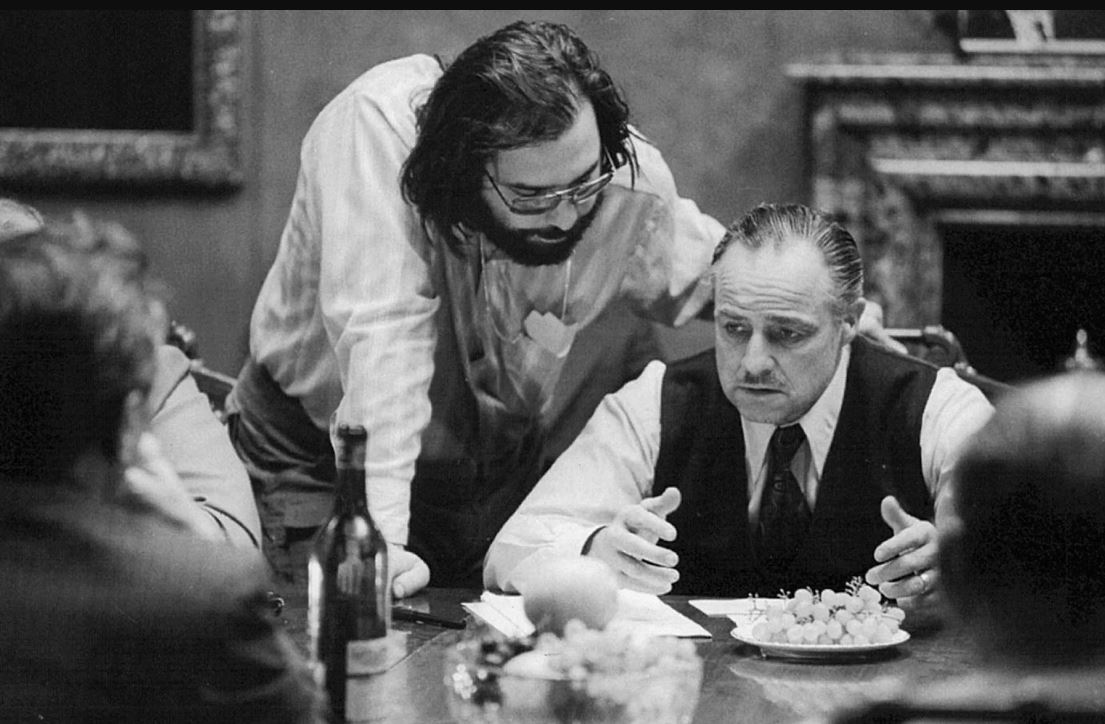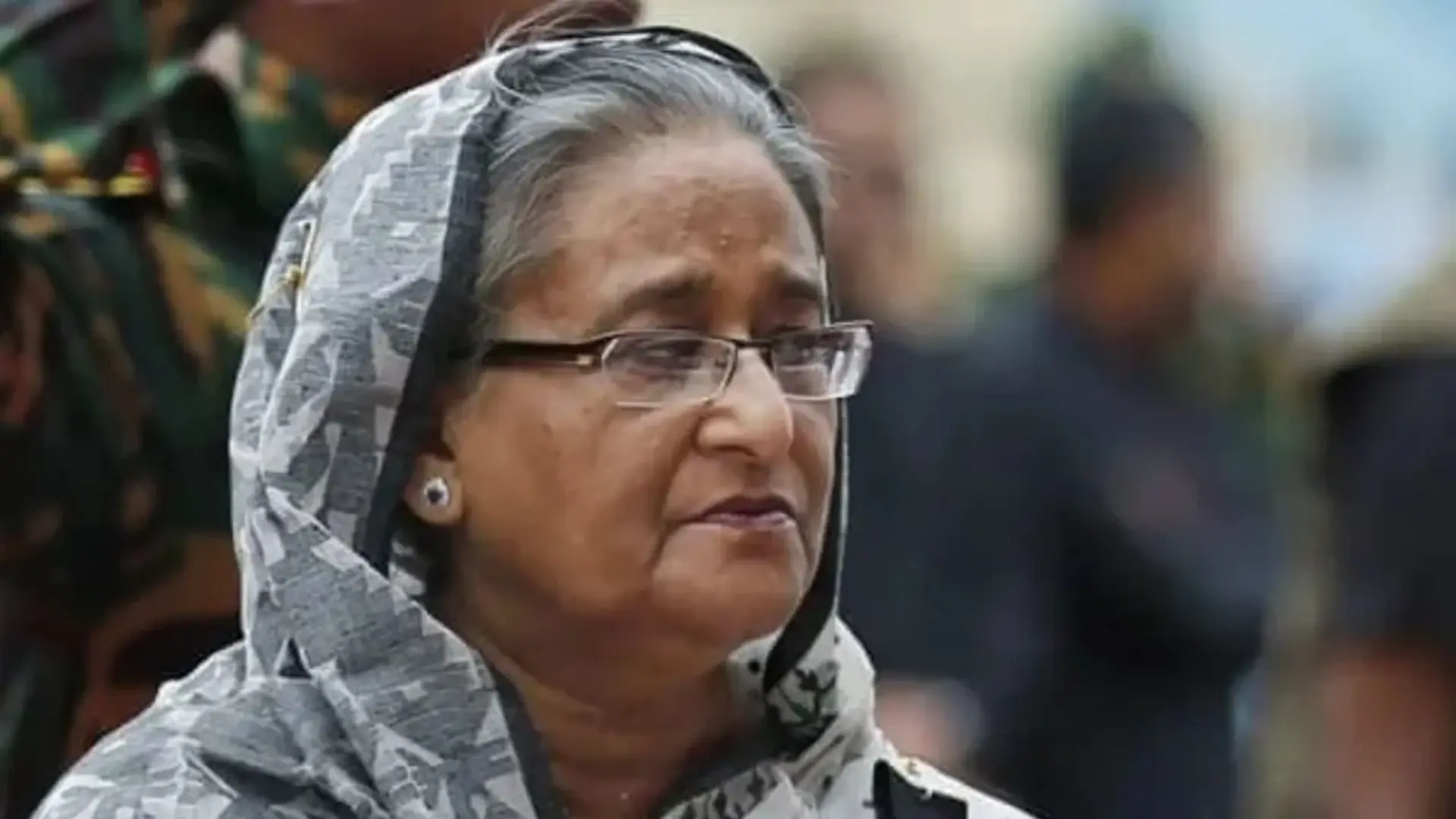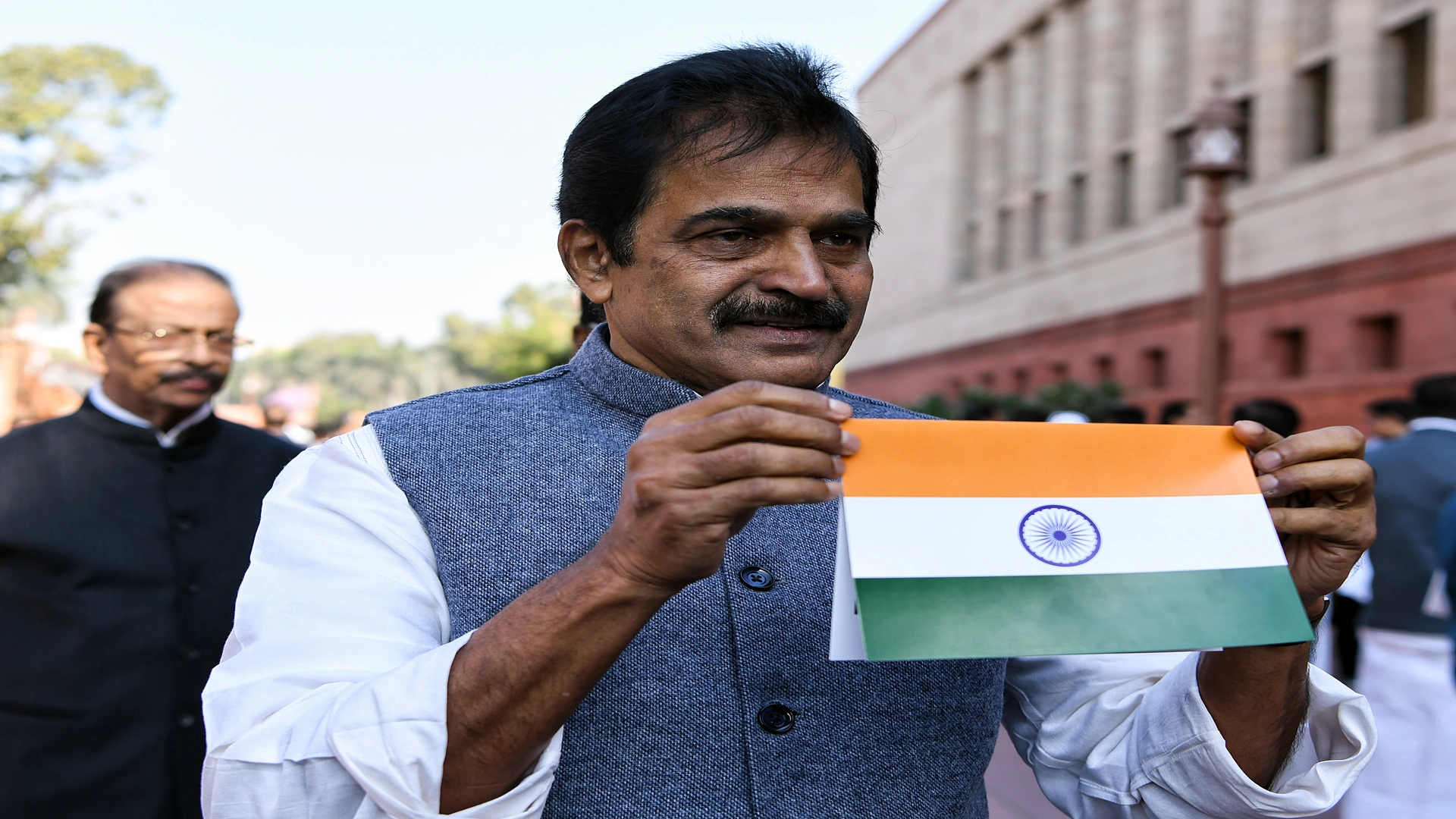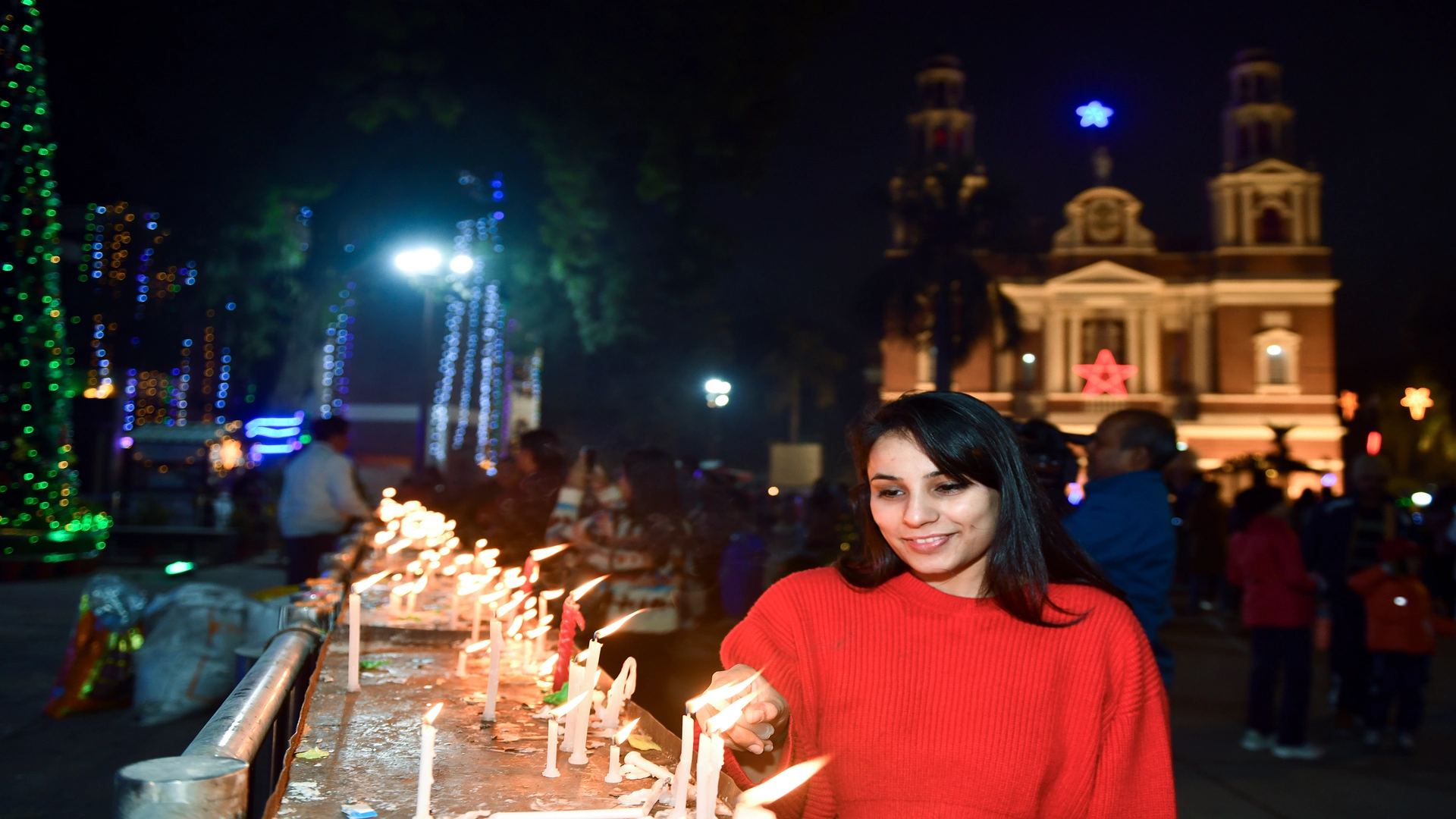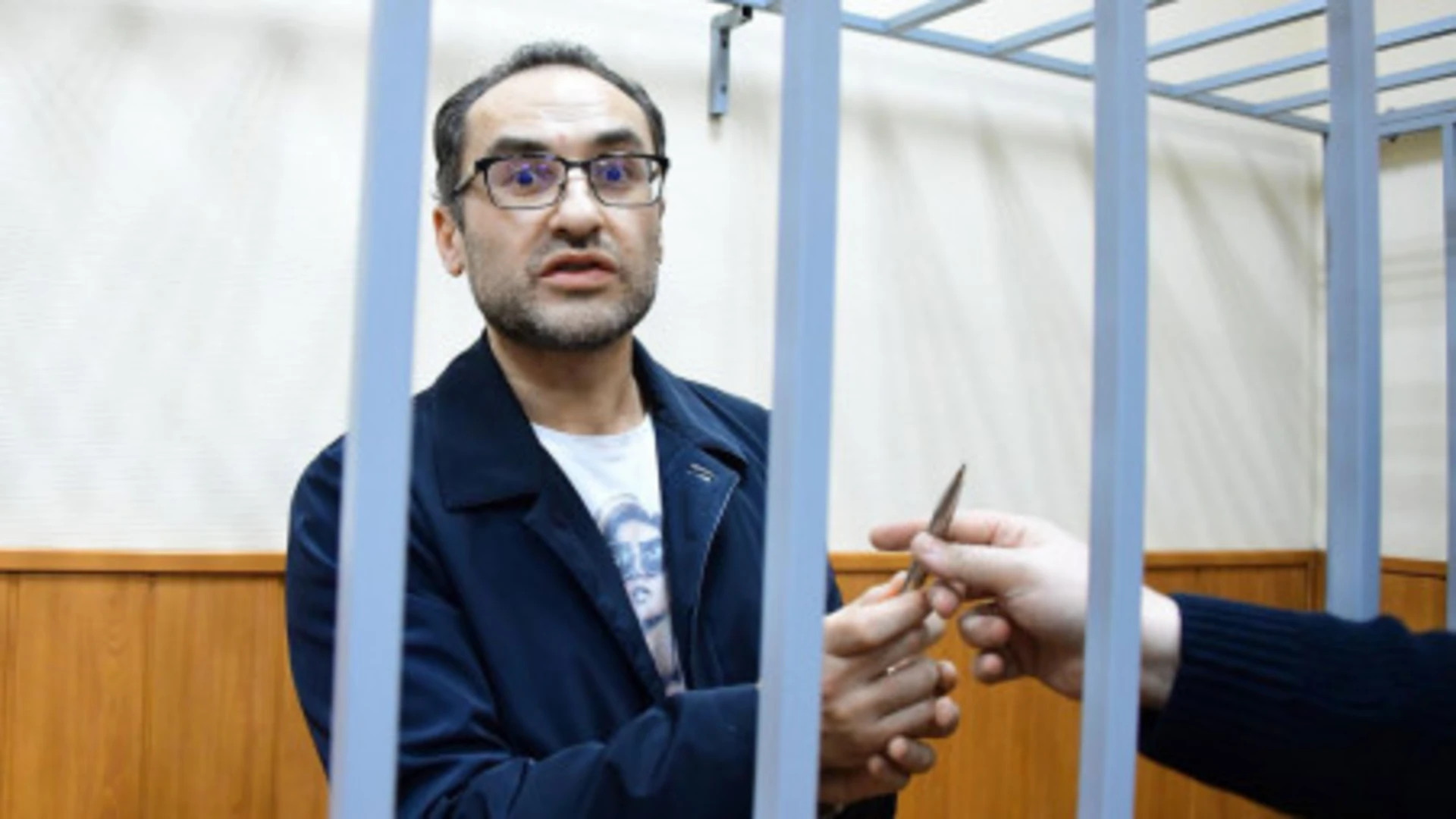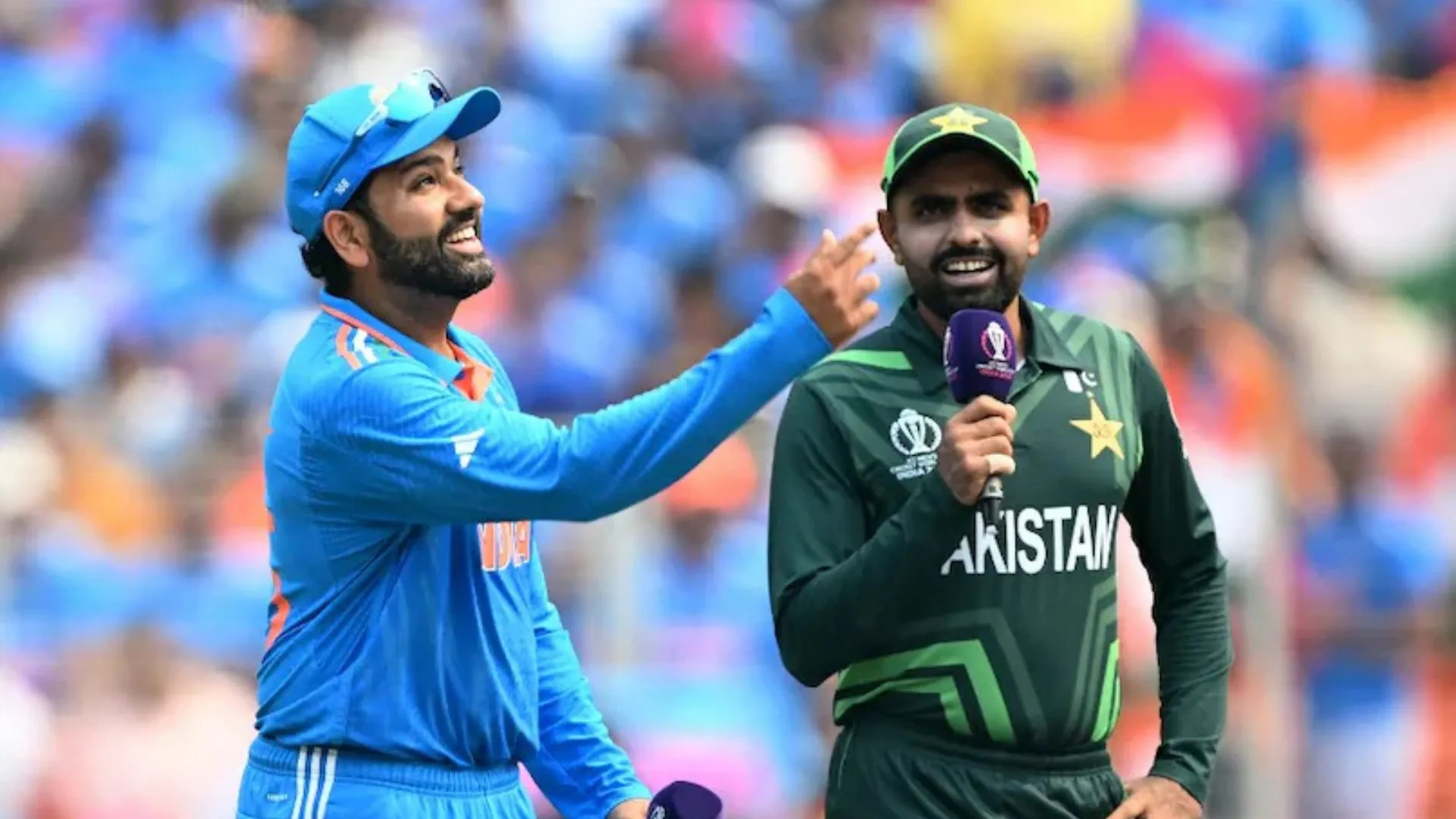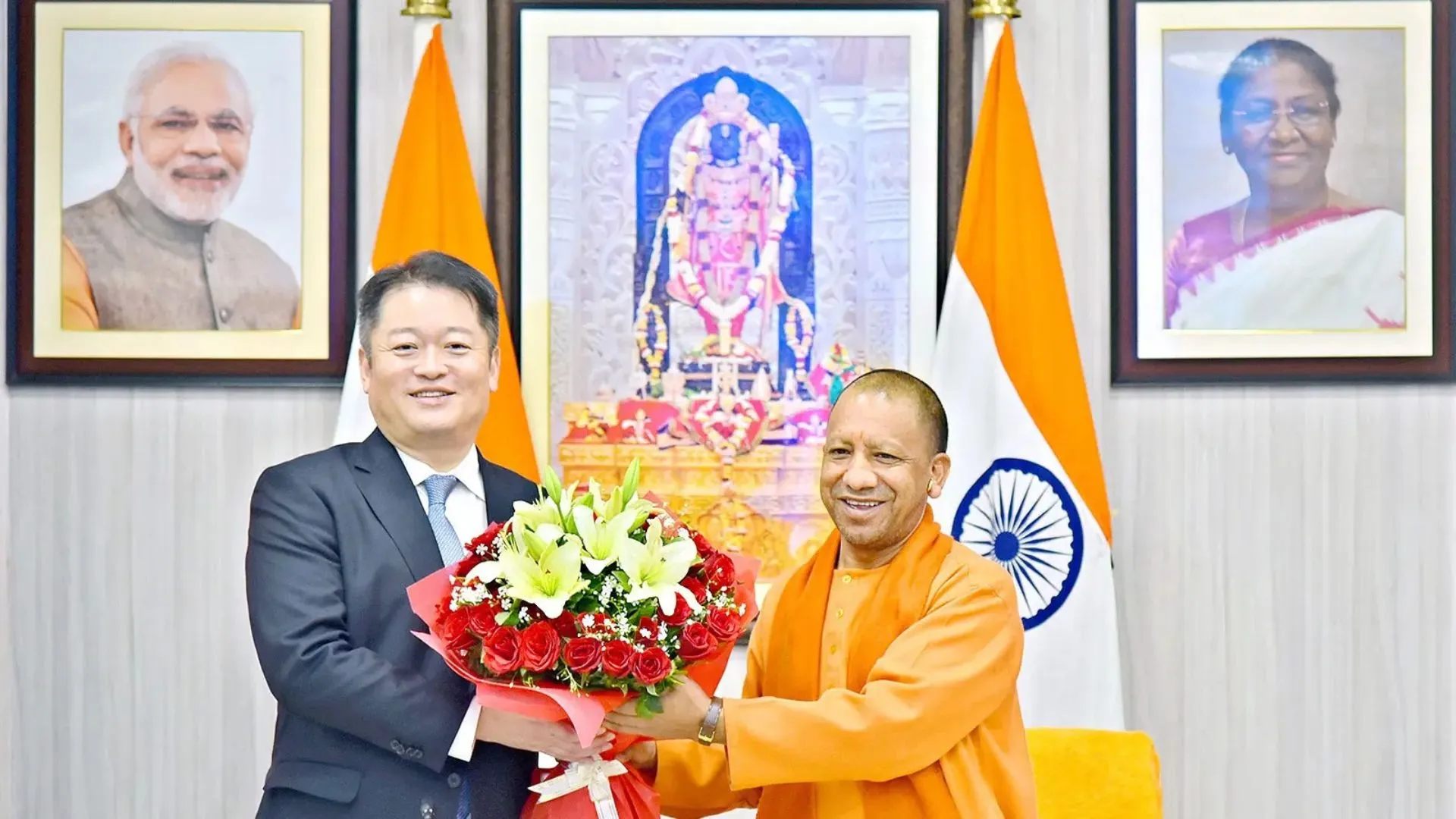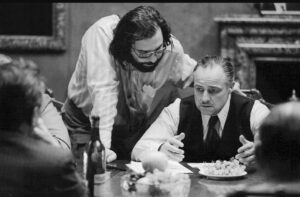Francis Ford Coppola’s The Godfather was released just over 50 years ago and instantly became an international rage and a game changing film in the mafia genre. Almost to this day, the classic inspires Indian film makers across languages – in part, or in full. The first two were Feroze Khan’s Dharmatma, released in 1975 and Chandra Barot’s delayed release Don (1978).
Dharmatma (with Premnath in the titular role) was a Bollywood-first in a few ways. Firstly, like Corleone, Dharmatma (as people addressed him, Dharamdas being his name) was into diverse businesses like gambling, matka (betting and lottery) in a big scale, offering protection to anti-social elements and criminals and influencing trade unions. This broke the good old typeface of the gangster’s business being limited to smuggling alone. An important point – the terms ‘mafia’ and ‘gangster’ are used rather interchangeably, but they are not synonymous. A gangster is one who tends to get caught and jailed but a mafia has enough connections in the system to stay out of prison. Both Don Vito Corleone and Dharamdas were evidently mafia, to an extent that Dharamdas could convince the Governor to grant a reprieve to a man sentenced to the gallows. Both Vito Corleone and Dharamdas abstained from the drugs business for strategic reasons because it would have alienated the establishment and would have ruined the next generation. So, somewhere they still had a streak of morality intact. They were not here to loot. They were insiders running an underground economy – hence the name ‘underworld’. Dharamdas was also a philanthropist— partly to launder his black money and partly to garner public goodwill with a view to become part of the establishment by turning into a politician.
The spirit of The Godfather lingered down south too. Apart from the South Indian link to the real-life Varadarajan Mudaliar, Velu Nayakan in Nayakan (1987) bore strong resemblances to Don Vito Corleone. However, a November 2013 article in DNA quoted Director Mani Ratnam: ‘… Nayakan was rooted to the Tamil culture and inspired by a character here.’ But in the same newspaper, Kamal Haasan contradicted Mani Ratnam’s denial. Said Haasan, ‘In fact, we were so conscious of our source material that we made deliberate efforts to make my character dissimilar to Marlon Brando in terms of the walk, the talk and attitude …. Hence the efforts to bring in a true-life Tamil gangster in Mumbai,’. Feroze Khan had no such confusion when he remade Nayakan in Hindi as Dayavaan (1988). It was almost like a dubbed version of Nayakan.
Atank hi Atank (1995) looked like a copy made from a faulty photocopying machine that had not been repaired for years. It was a near scene-to-scene copy of The Godfather, including the props, with the dialogues in certain sequences a literal English-to-Hindi translation. No wonder it turned out to be a box office dud.
In the new millennium, Sarkar (2005) was all about the political mafia involving criminal politicians; the context was different, but the source was obvious enough with certain sequences being liberally borrowed from The Godfather. At least Director Ram Gopal Varma was honest enough to admit in the opening credits that ‘Like countless other Directors all over the World, I have been deeply influenced by “THE GODFATHER”. “SARKAR” is my tribute to it’.
The family men
An important change in the post-Dharmatma world was that in the mafia films, the don’s family came into view prominently. Family was at the core of their lives unlike the earlier smugglers who were only seen with their Lilys and Mona darlings. This change had to be the outcome of The Godfather. Outside of his professional misdemeanours Dharamdas was a loving father, a devoted husband, and a devout Hindu. In Subhash Ghai’s Vidhaata (1982), the boss of the underworld Mizya group Don Sobhraj (Dilip Kumar) values his grandson Kunal more than anything else in the world. In a scene, Sobhraj begs the other members of the Mizya group to spare his dear grandson Kunal’s (Sanjay Dutt) life just the way Vito Corleone enters into a truce with the other Sicilian families over Michael Corleone’s safe return to America. Even in the middling Yalgaar (1992), we observe the ruthless mafia don Raj Pratap Singhal’s (Kabir Bedi) close affinity for his two sons, especially his younger son Vicky.
One also observes characters of The Godfather being borrowed. There were those hot-headed elder sons like Prithviraj Pratap (Arjun Rampal) in Raajneeti (2010) and Vishnu Nagre (Kay Kay Menon) in Sarkar resembling Santino Corleone. Or the disinterested son like Samar Pratap (Ranbir Kapoor) in Raajneeti, Shankar Nagre (Abhishek Bachchan) in Sarkar and Faizal Khan (Nawazuddin Siddiqui) in Gangs of Wasseypur 2 having to take over the criminal empire – much like what Michael Corleone was asked to do.
What was not from The Godfather
Despite a common source of inspiration, Don (1978) was crafted very differently. Don in Don appeared to be lower down in his gang’s hierarchy, carrying out activities like exchanging smuggled goods for cash at rendezvous spots. The gang leaned on young Don for his incredible charm, his daring, his ability to deliver results and his ‘X-ray’ ability to spot and eliminate police informers who infiltrated the gang. The gang also benefits from Don’s proverbial nine lives of a cat, giving the police the slip every time in the face of imminent arrest. As Don brags cockily, ‘Don ko pakadna mushkil hi nahi, namumkin hai.’ But Don was not the big boss, he was only their star player. And unlike Dharamdas, Sobhraj, Nagre and others, Don has no family, no last name and no past.
Balaji Vittal is the co-author of the National Film Award-winning R.D. Burman: The Man, The Music (2011), the MAMI Award-winning Gaata Rahe Mera Dil – 50 Classic Hindi Film Songs (2015).

